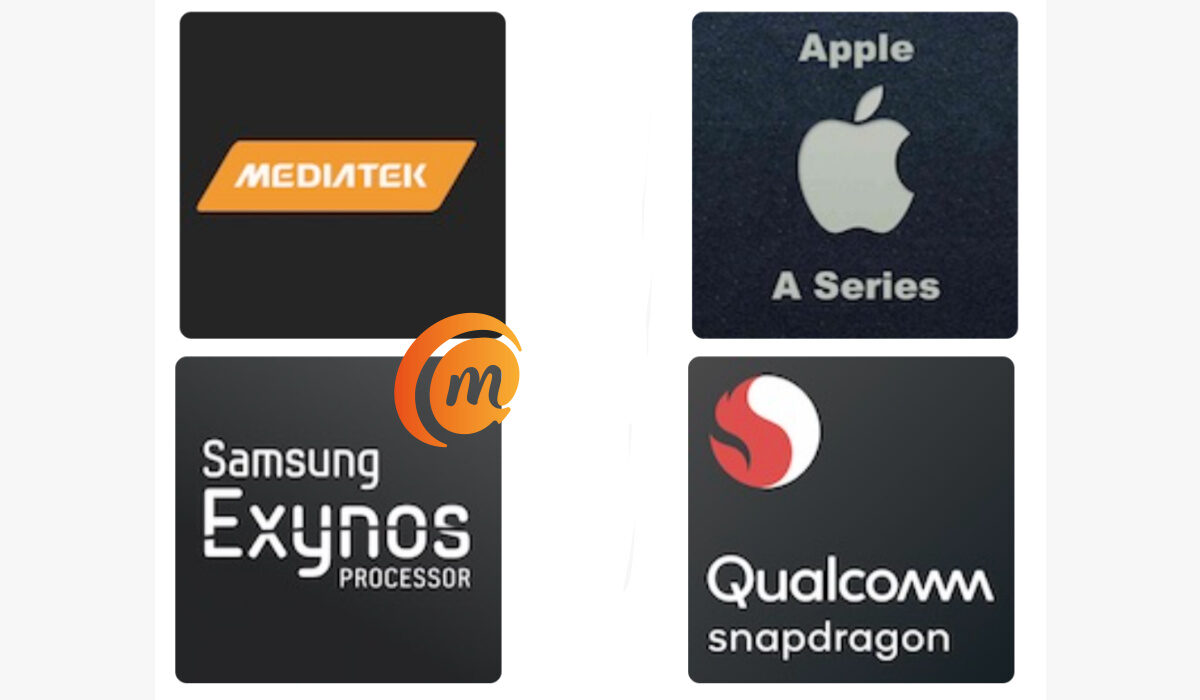There are a number of factors that determine how good smartphone processors are. For example, beyond how powerful and fast they are, there is the question of what features they support e.g. camera specs, network standards, artificial intelligence (AI), and more.
Smartphone Processors And Cores
You must have heard of single-core, dual-core and others. If you have ever wondered how they work, we bring you the breakdown.
A single-core processor has only one actual central processing unit (CPU). This unit is called a core.A dual-core processor is a single computing component (a “chip”) with two independent actual central processing units (“cores”).A quad-core processor is a single computing component with four independent actual central processing units (“cores”).An octa-core processor is a single computing component with eight independent actual central processing units (“cores”).
There are also smartphones with 6 core processors = hexa-core. If/when they arrive, 10 cores = deca-core.
How Do Smartphone Processors Work?
The more cores a processor has, the more efficient it runs. This is because with multiple cores, different tasks on your PC or phone are distributed among the cores. Multiple core processors can help cut down on battery consumption and also help your phone or PC run smoother and handle heavier tasks. Multiple cores help the most when you need to do more things at the same time on your phone or PC. This is called multitasking. In multiple core processors, each core is independent of the other. During light usage, only one core may run, and then when you switch to heavier usage, more cores kick in to help handle the load. Doubling processor cores does not produce twice the speed. A quad-core processor won’t run your phone twice as fast as a dual-core processor. Multiple cores do not mean total speeds in multiples of the speed rating. For example, a 1.2GHz dual-core processor does not run at a top speed of 2.4GHz. It means that both cores run at 1.2GHz each for handling different tasks. Apart from number of cores, though, smartphone processors are also rated by speed e.g. 1.3GHz, 1.7GHz, 2.0GHz. The higher the figure, the faster the core and the processor. A 1.7GHz single-core processor is more powerful and faster than a 1.2GHz dual-core processor, but the latter will provide better performance in usage scenarios involving running multiple tasks at the same time because it has more cores available to handle those tasks more efficiently.
What are the processors used in mobile phones?
There are a number of chip makers behind the different smartphone processors in use around the world today. The major ones are:
Which processor is best for mobile in 2020? What is the fastest processor for a smartphone in 2020?
Apple’s Bionic A13 is the undisputed king of mobile processors in 2020. Results from multiple benchmark services and tests show that the A13 Bionic scores the highest points. It is followed by Qualcomm’s Snapdragon 865, which is trailed by HiSilicon Kirin 990 5G. The Bionic A13 is in use in the iPhone 11, iPhone 11 Pro, 11 Pro Max, and the iPhone SE 2020.
Which is more important RAM or processor in mobile?
Lastly, it is important that I touch on a fairly common question: whether RAM or processor is the more important feature in a smartphone. The answer is that RAM and the processor handle different tasks. A smartphone processor determines how powerful and fast a phone operates, while RAM determines how fasta nd how smooth apps are launched or switched. So, you need a combination of a smartphone processor and RAM for the best performance in a phone. The fastest smartphone processors paired with poor RAM will still result in a less than satisfactory experience on a smartphone. This is why high-end smartphones have the fastest processors and the biggest amount of RAM available. You can read up our more detailed article about processors and RAM for a clearer picture.
Conclusion
Smartphone processors dictate the capabilities of the device in many ways. They determine how capable the camera can be, whether the phone supports 3G, 4G, or 5G, and how much artificial intelligence (AI) functions the device has.
Don’t miss our mobile phone reviews.Follow our news on Google News.Join our WhatsApp Group, to be notified of the most important articles and deals,Follow us on Instagram, Facebook, Twitter, and YouTube.

